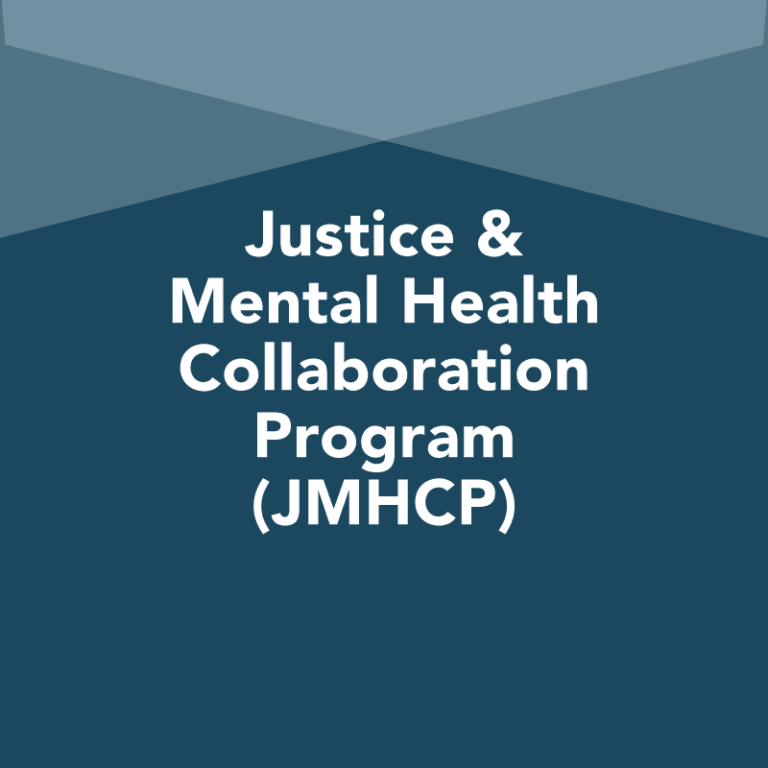On December 23, 2012, the CSG Justice Center released Improving Outcomes for People with Mental Illnesses Involved with New York City’s Criminal Court and Correction Systems. This report, commissioned by Mayor Bloomberg and completed with support from the United States Department of Justice Bureau of Justice Assistance and the Jacob & Valeria Langeloth Foundation, presents the results of an unprecedented analysis of the mental health needs, criminogenic risk, and risk of failure to appear in court for individuals admitted to the New York City Department of Correction. The report’s findings are based on tens of thousands of records from city, state, and nonprofit agencies and show important differences in outcomes for those with mental illnesses entering the New York City jail system. Based on the study’s findings and with the guidance of the Mayor’s Criminal Justice and Mental Health Initiative Steering Committee, the report also identifies a set of policy recommendations and strategies to determine the levels of risks and needs for individuals entering the jail system; to provide appropriate pretrial, plea, and sentencing options; and to establish centralized resource hubs for coordinating assessment information and community-based supervision and treatment options. As a result of this initiative, Mayor Bloomberg announced that New York City will create "Court-based Intervention and Resource Teams" (CIRTs) to serve over 3,000 clients with mental health needs annually. New York City now serves as a national model for how a large urban area can use data to develop policies to increase public safety, reduce jail costs, and help connect individuals with mental illnesses to effective community-based health services.
Related Resources

Preparing Law Enforcement Agencies for Embedded Clinicians
Crisis Systems, Law Enforcement, Mental Health
Read more
Building Successful Partnerships with Peer-Run Organizations
Co-Occurring Substance Use, Mental Health
Read more
FY2023 Planning and Implementation Guide for JMHCP Connect and Protect
Co-Occurring Substance Use, Law Enforcement, Mental Health
Read more